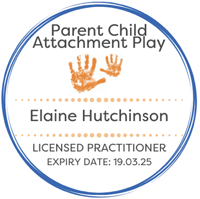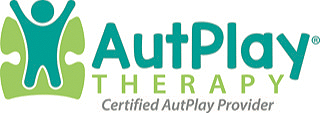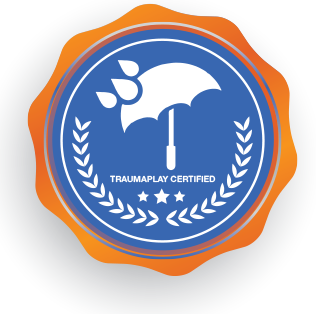You Ask, I Answer
A series of short videos answering common questions I get asked as a therapist.
If you’ve got a question you would like answering and it’s not here, please email me and I will add it to the series.
An introduction to play therapy and how it can support your students. For more information on the issues, worries and concerns that play therapy can support students with, please email me.
Explaining how play therapy differs from other therapies and the benefits for students.
Looking at how play therapy can benefit your school: National Curriculum inclusion, PSHE, SEAL, EHCP and more.
Discussing how play therapy can be for individuals or groups and how Emotional Logic can work with whole school, class, groups or individual students.
Addressing how play therapy can add to the support you can offer your students and how other interventions and play therapy can work together.
Your school don't need a play therapist right now, but you know some parents who might want some support with play therapy.
More information on how I can support your staff and your students in school: play therapy; Autplay; TraumaPlay; Emotional Logic; staff CPD and mentoring; parenting support and courses.
Briefly addressing session costs and therapeutic support plans. Please email me for more information.
How I protect a student in the playroom and follow your school's safeguarding procedures.
Addressing how my H&S risk assessments can align with your school risk assessments and policies.
Looking at how play therapy helps support your child with all sorts of big feelings, worries and concerns, from worrying about school to trauma and bereavement and pretty much everything in between. The short answer is, ‘Yes, it’s highly likely that play therapy can help your child’.
Exploring how a play therapy session ‘looks’ for a child. Activities are child led, suitable for children and young people and therapy moves at the pace of the child. They can bring any issue or worry to the playroom and nothing is off limits.
Therapy can be hard work, even if it involves play and sometimes children just need a breather. Here, I’m exploring the reasons behind why they might not want to come, as well as the strategies used to support them.
There are lots of reasons why a child may want to check out of play therapy for a minute: from wanting to check a parent is ok, to just needing a breather. This video explains how a child is supported with wanting leave.
Melt-downs in the playroom are quite rare because activities are child-led but as long as everyone and everything is safe, they will be given space and time and support as needed. In this video I explain how they (and you) are supported through big feelings.
This is just a quick explanation of why it helps to have you, as the key adult, close by even through you are not in the session.
This video explores confidentiality and safeguarding as well as explaining about feedback and reports for professionals.
In this video I explain what happens at an initial intake meeting and what you might be asked to share.
In this video I explain what happens at a review or ending meeting and how we can continue with more sessions or end therapy positively for your child.
The pattern of therapy is not a straight line, but more of a rollercoaster and each child has their own pattern of ups and downs. This is quite normal and is to be expected – a little more is explained here.
I am more than happy to share with you some ideas about how to support your child between sessions and this short video explains more.
How long your child will need to come to play therapy depends very much on what has brought them to therapy in the first place, but this video will tell you a little bit more.
All videos:
- 1. What is play therapy and who can it help?
- 2. How does play therapy work?
- 3. How does play therapy benefit our school?
- 4. Do you just work with one student in play therapy?
- 5. We have other interventions in school, like ELSA and Thrive. Why do we need a play therapist?
- 6. How does a school refer parents for help with play therapy?
- 7. As a play therapist what else can you offer our school?
- 8. How much does play therapy cost a school?
- 9. What about confidentiality and safeguarding in the playroom?
- 10. What about post lockdown health and safety in the playroom?
- 11. I’m worried about my child – What can play therapy help with?
- 12. What happens in a play therapy session?
- 13. What happens if my child doesn’t want to come to play therapy?
- 14. What happens if my child wants to leave a play therapy session?
- 15. What happens if my child has a meltdown in the play therapy session?
- 16. Why do I need to stay close by while my child is having a play therapy session?
- 17. What will I be told about play therapy sessions?
- 18. What happens at an initial intake meeting for play therapy?
- 19. What happens at a review or ending meeting for play therapy?
- 20. How will I know if progress is being made in play therapy?
- 21. How can I have some support to work with my child at home between play therapy sessions?
- 22. How long will my child need to come to play therapy for?
In order to provide you with the best online experience this website uses cookies. By continuing to use our website, you agree to the use of cookies.





